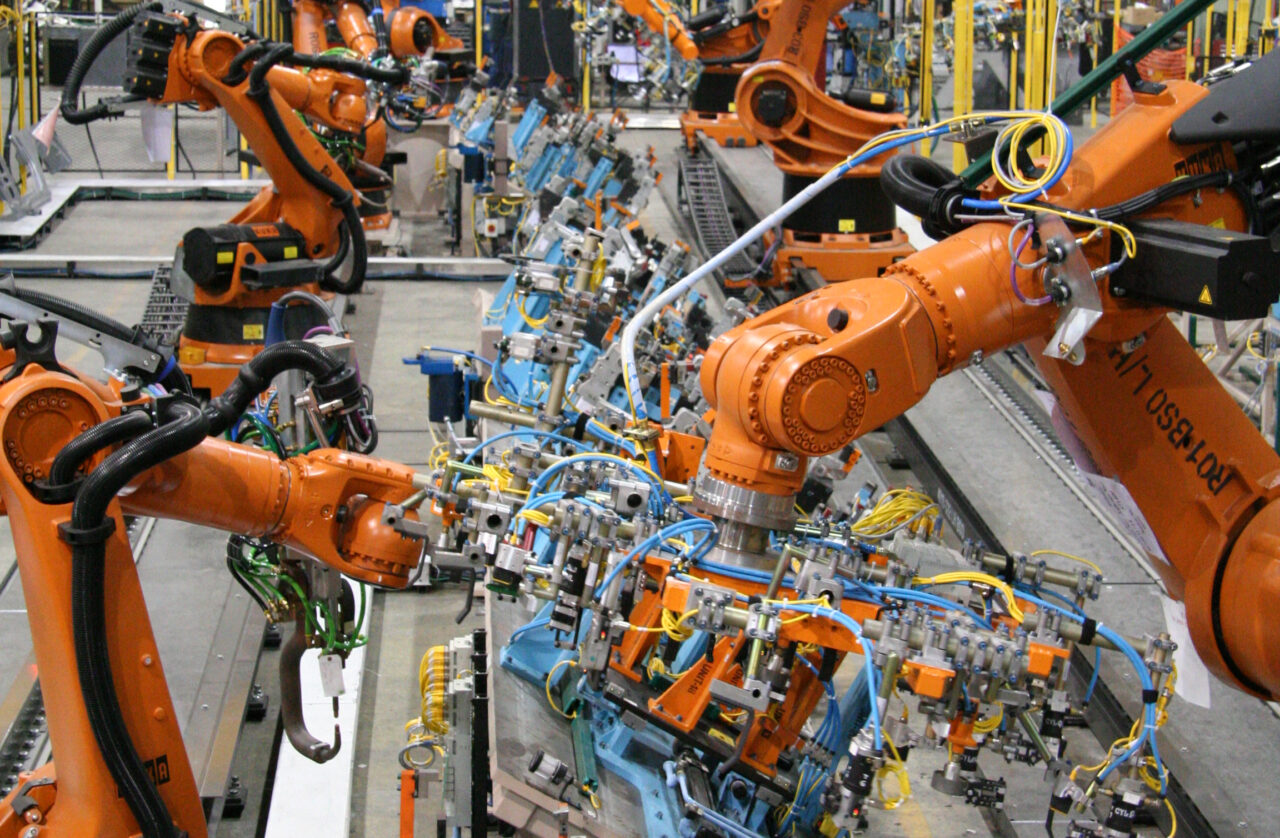President Donald Trump’s administration is throwing out protections that shielded roughly half a million Haitians from deportation, meaning they would lose their work permits and could be eligible to be removed from the country by August.
The decision, announced Thursday, is part of a sweeping effort by the Trump administration to make good on campaign promises to carry out mass deportations and specifically to scale back the use of the Temporary Protected Status designation, which was widely expanded under former President Joe Biden’s administration to cover about 1 million immigrants.
The Department of Homeland Security said in a news release that it was vacating a Biden administration decision to renew Temporary Protected Status — which gives people legal authority to be in the country but doesn’t provide a long-term path to citizenship — for Haitians.
People with the protection are reliant on the government renewing their status when it expires. Critics, including Republicans and the Trump administration, have said that over time the renewal of the protection status becomes automatic, regardless of what is happening in the person’s home country.
“For decades the TPS system has been exploited and abused,” Homeland Security said in the statement announcing the change. “For example, Haiti has been designated for TPS since 2010. The data shows each extension of the country’s TPS designation allowed more Haitian nationals, even those who entered the U.S. illegally, to qualify for legal protected status.”
Homeland Security said an estimated 57,000 Haitians were eligible for TPS protections as of 2011, but by July of last year, that number had climbed to 520,694.
“To send 500,000 people back to a country where there is such a high level of death, it is utterly inhumane,” said Tessa Petit, a Haitian American who works as Executive Director at the Florida Immigrant Coalition and who says Haiti meets all the requirements to qualify for protections. “We do hope that, because they said that they are going to revisit, that they put politics aside and put humanity first.”
Farah Larrieux, a 46-year-old Haitian who arrived in the U.S. in 2005 and has been protected by TPS since 2010, said the decision demonstrates that officials “don’t care about what is going on in Haiti.”
“Nobody is safe in Haiti,” said Larrieux, owner of a small communications company in South Florida, where most Haitians in the U.S. live. “This is a disruption of people who have been in this country contributing so much. People have been giving their sweat, their life, the sacrifice to this country.”
It’s not immediately clear how quickly people could be deported once their protections expire. Some may apply for other types of protection, and there are logistical challenges to carrying out such large-scale deportations.
Haiti’s Migration Director, Jean Negot Bonheur Delva, said only 21 Haitians have been deported so far under the Trump administration, but he noted that the group had already been scheduled for deportation under Biden. There were a total of nine flights to Haiti in 2024, according to Witness at the Border, an advocacy group that tracks flight data.
Delva cited worries about the strain of sending people back to a country still reeling from violence and where more than 1 million people are homeless because of gang violence.
“It’s very sad that people who left Haiti to look for a better life elsewhere … will come back,” Delva said. “With the insecurity problem, the lack of resources, they will be miserable.”
More than 5,600 people were reported killed last year in Haiti, according to the U.N. And many of the displaced are living in overcrowded makeshift shelters including abandoned government buildings where rapes are becoming increasingly common.
Gangs control 85% of Haiti’s capital and have launched new attacks to seize control of even more territory. Recent massacres have claimed the lives of hundreds of civilians.
Delva said Haiti’s government recently created a commission to help those deported.
“They are children of Haiti. A mother must receive her children from wherever they are,” he said.
Congress created TPS in 1990 to prevent deportations to countries suffering from natural disasters or civil strife, giving people authorization to work in increments of up to 18 months at a time.
Toward the end of the Biden administration, 1 million immigrants from 17 countries were protected by TPS, including people from Venezuela, Haiti, Honduras, Nicaragua, Afghanistan, Sudan, Ukraine and Lebanon.
The Trump administration has already moved to end the protections for Venezuelans.
Two nonprofit groups Thursday filed a lawsuit challenging that decision.
___
Republished with permission of The Associated Press.
Post Views: 0

 Entertainment8 years ago
Entertainment8 years ago
 Entertainment8 years ago
Entertainment8 years ago
 Politics8 years ago
Politics8 years ago
 Tech8 years ago
Tech8 years ago
 Tech8 years ago
Tech8 years ago
 Tech8 years ago
Tech8 years ago
 Politics8 years ago
Politics8 years ago
 Tech8 years ago
Tech8 years ago











